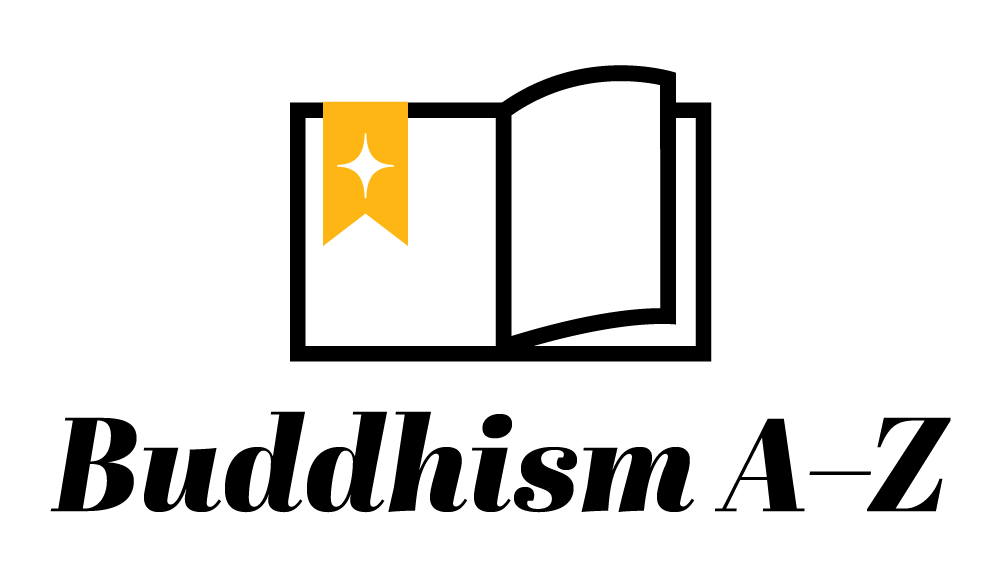The truth of impermanence is the foundation of Buddhism and the starting place of the path to enlightenment. It means there is nothing in reality, including us, that has a permanent, solid core. Our struggle against this truth and our futile attempts to maintain the illusion of a permanent self is the fundamental cause of all suffering.
The Buddha emphasized impermanence (Pali: anicca; Sanskrit: anitya) as the first of the three marks of existence, along with suffering (dukkha) and the absence of independent existence (anatta). Impermanence underscores the dynamic and changing nature of reality: all phenomena — including our bodies and our thoughts — are the result of causes and conditions and are subject to change, decay, and death. By deeply internalizing this understanding, one can navigate life with greater ease, flexibility, and wisdom, reducing attachment and its attendant suffering.
Applications of Impermanence in Meditation
When we cling to people, objects, or concepts, we create dependencies and expectations that result in disappointment, frustration, and pain when these attachments are inevitably disrupted or lost. Moreover, attachment fuels a ceaseless cycle of craving as we chase after the pleasure linked to these attachments. This perpetual seeking and grasping entraps us, hindering genuine contentment and happiness.
Through meditation, we can directly grasp the impermanence of experience by observing the constant rise and fall of physical sensations, thoughts, and emotions and their variations.
When we understand that everything is transient, we are less likely to cling to possessions, status, relationships, or even our own self-concept, leading to greater freedom and less suffering.
Related Reading
Impermanence is Buddha Nature
Change isn’t just a fact of life we have to accept and work with, says Norman Fischer.
Looking Deeply into Impermanence, No-self, and Nirvana
Thich Nhat Hanh teaches that by looking deeply we develop insight into impermanence and no self. These are the keys to the door of reality.
The Only Constant is Impermanence
Each Friday, we share three topical longreads in our Weekend Reader newsletter. This week, Lion's Roar magazine's Hal Atwood looks at the gifts of impermanence.
Buddhism A–Z
Explore essential Buddhist terms, concepts, and traditions.




